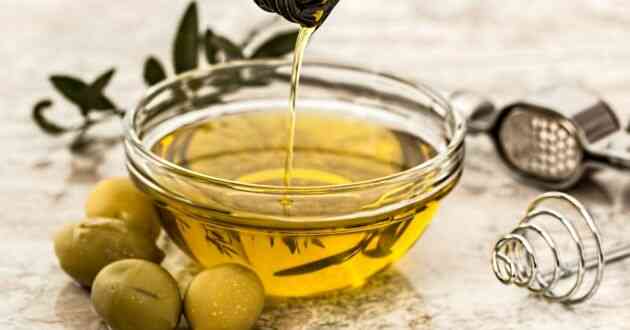Safety Tips On How To Use Essential Oils For Babies
Essential oils have long been used as a supplement to medicine. Now, they are popular in-home use.
Essential oils have long been used as a supplement to medicine. They have been around for many centuries before they became popular in-home use. Recently, essential oils are the latest craze in natural remedies. Many people rely on them for relaxation, relieving stress, improving sleep patterns, easing allergies, and much more. However, they should be used with extra care especially for babies.
Despite the fact that essential oils are all natural, they can be harmful if not used properly. These oils are highly concentrated extract from plants: leaves, flowers, seeds, barks, roots, and peels. Too much usage of them can cause adverse effects. This is because essential oils affect the body at the cellular level.
For safe usage, essential oils should be diluted with water or a carrier oil. Choose water when using a diffuser or a carrier oil when applying directly on skin. You can use any gentle oil as a carrier such as: coconut or almond oil. It is critical to use the right ratio when diluting. The safe and recommended ratio for babies is 0.5 to 1% essential oil in 99.5 to 99% water or carrier oil. This is less than adult ratio which is 2.5 to 10% essential oil.
Essential oils are beneficial for babies. But not all of them are safe for your little ones. Here are some essential oils that are safe and helpful for infants:
- Lavender – reduce colic symptoms, improve sleep patterns, soothe insect bites, and relieve pain including pain associated with teething.
- Chamomile – like lavender, this oil also has calming effect which is useful for sleeplessness and relieving pain.
- Melaleuca – has antimicrobial properties that help soothe diaper rashes. Note: this extract should not be use for babies under six months old. It is also important to do a patch test first before using it fully.
- Ylang Ylang - a gentle oil that helps nourish babies’ skin.
- A mixture of lavender, lemon, and peppermint in equal parts help relieve allergies.
Essential oils can be used for infants through baby massage, warm baths, and diffuser. They should not be given orally as these oils can be toxic when ingested. Remember that they are highly concentrated and very strong for the babies underdeveloped body systems.
It is crucial to bear in mind that all essential oils should never be applied to babies under 3 months old. Regardless of the route or method. Even when diluted. Babies at this age are very sensitive. Their immune systems have not yet fully developed and their skin can be easily irritated.
Always make sure to use true essential oils for your baby. There are many products that looks like essential oils but are actually not. Some are just synthetic fragrance which are not natural and don’t have benefits. There are also some essential oils that are not pure. True essential oils are indigenously grown, harvested at peak time, properly distilled, and completely unadulterated.
There are ways to differentiate true essential oils from fake. (1) Authentic essential oils are stored in dark amber glass bottles. (2) They do not leave any residues on paper. (3) They are not greasy or oily. And (4) the Latin name of the plant, part of the plant used to make the oil, country of origin, and how the oil was extracted are in the label or packaging.
Isabella Whitmore is a mother of two. She likes writing articles about health, fitness, family, motherhood, and households. You can find some of her work at https://electrickettlesplus.com. An appliance website that offers premium electric kettles which guarantee safety for the whole family.


